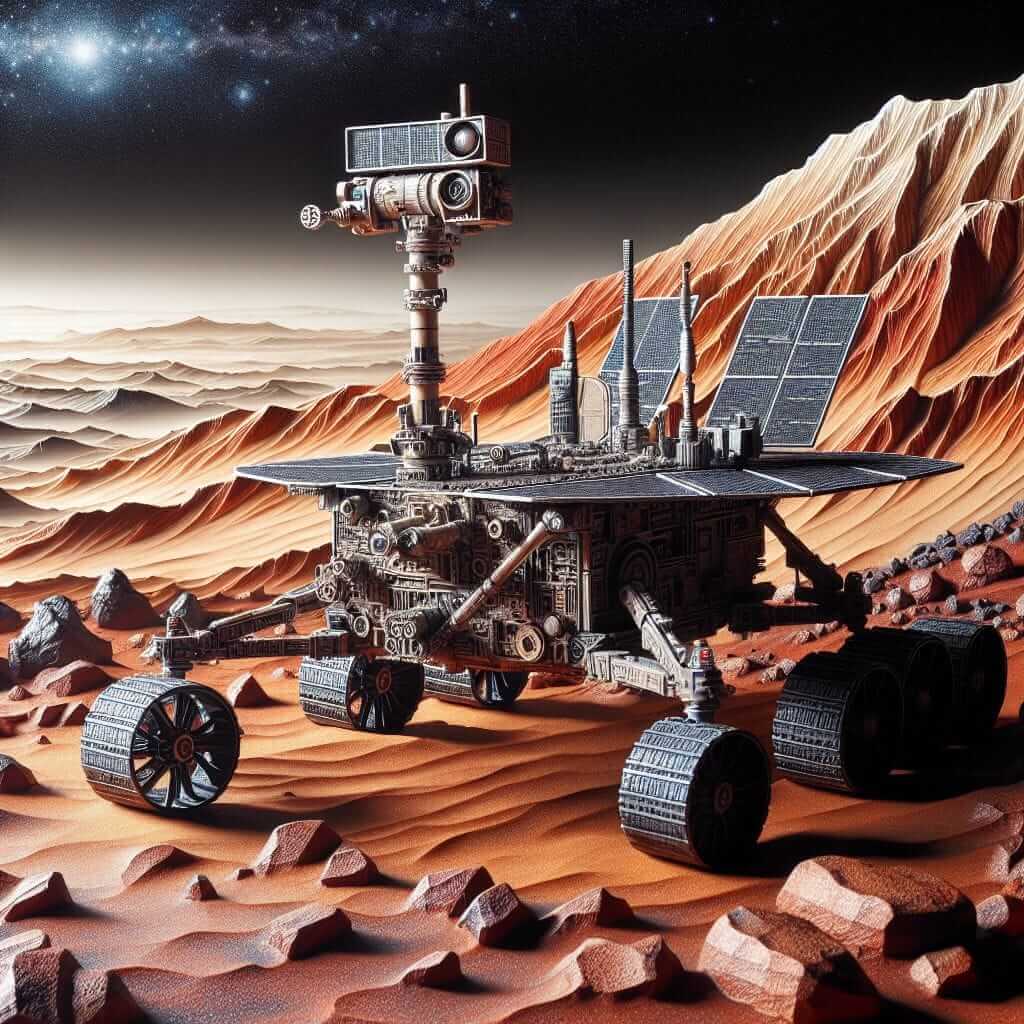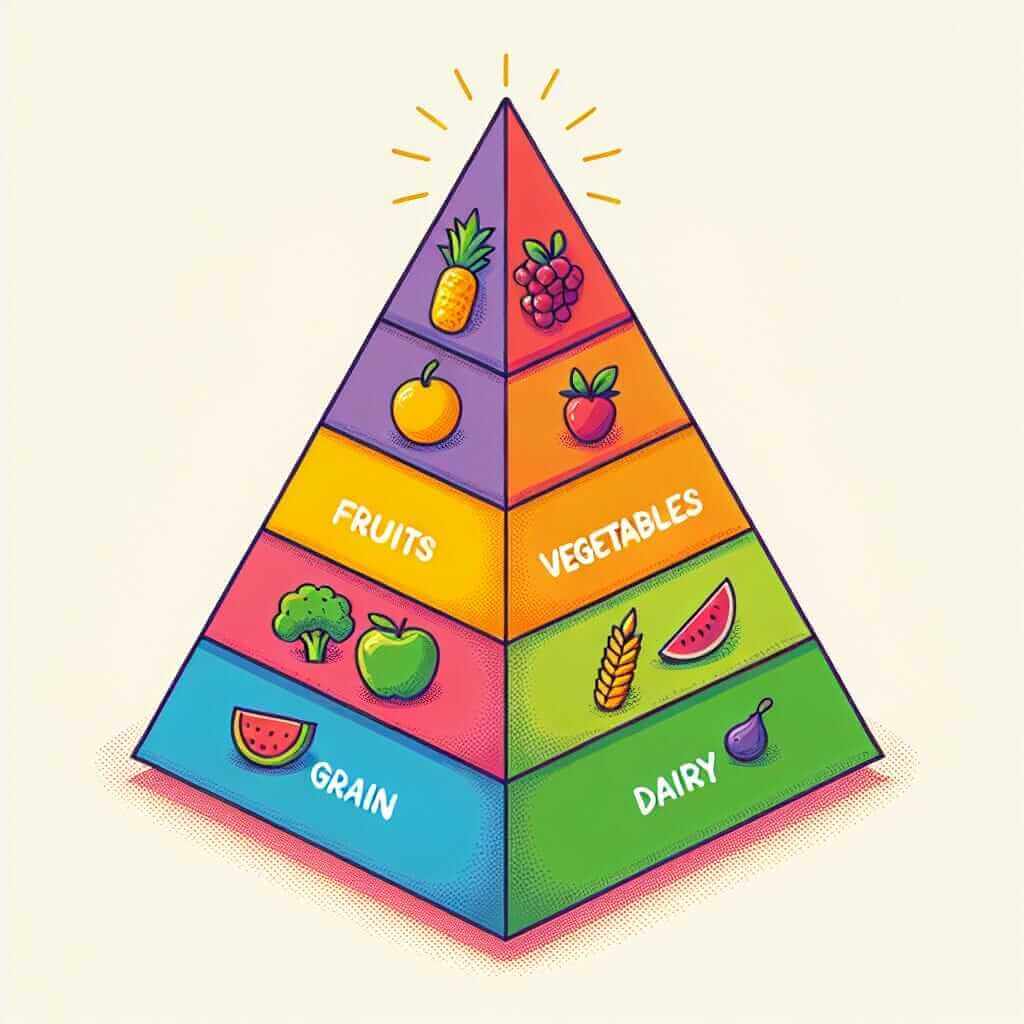Reading comprehension is a crucial part of the IELTS exam that tests your ability to understand and interpret long and complex texts. One frequently appearing topic in IELTS Reading sections is space exploration, and specifically, Mars missions. Given the increasing attention on Mars exploration from global space agencies like NASA and private companies like SpaceX, it’s reasonable to predict that this topic might appear in future IELTS tests. This article aims to provide a comprehensive reading practice focused on “The Success and Challenges of Mars Missions” to help you improve your scores.
Table Of Contents
Reading Passage
Title: The Success and Challenges of Mars Missions
The fascination with Mars, the Red Planet, has captivated human imagination for centuries. Mars missions have become the forefront of space exploration, with various space agencies aiming to unravel its mysteries. Despite the remarkable accomplishments, these missions come with significant challenges.
The first successful mission to Mars, Mariner 4, was launched by NASA in 1964. It provided the first close-up images of Mars, which changed our understanding of the planet. Following the Mariner missions, NASA’s Viking program in the 1970s achieved the first successful landing on Mars, sending back valuable data about the soil and atmosphere.
The 1990s and early 2000s saw a resurgence in Mars exploration with missions like Mars Pathfinder and the Mars Exploration Rovers, Spirit and Opportunity. These missions not only sent back stunning images but also found evidence of water activity on Mars. The discovery of ancient riverbeds and minerals that form in the presence of water bolstered the hypothesis that Mars might have once hosted life.
Despite these successes, Mars missions face numerous challenges. The journey to Mars itself is perilous due to its distance from Earth, making communication and navigation difficult. Technical failures, such as the loss of Mars Climate Orbiter and Beagle 2, highlight the complexities involved. Moreover, the harsh Martian environment, with its extreme temperatures and dust storms, presents continual operational challenges.
In recent years, the Mars Science Laboratory rover, Curiosity, and the Perseverance rover have made groundbreaking contributions. Curiosity discovered complex organic molecules, while Perseverance is exploring the Jezero Crater to search for signs of past life. These missions build the foundation for future endeavors, such as human exploration and potential colonization of Mars.
In conclusion, Mars missions have achieved significant milestones in space exploration. However, they continue to face formidable challenges. Future missions aim to address these challenges, paving the way for humanity’s deeper exploration of Mars and beyond.
 Surface of Mars with a rover
Surface of Mars with a rover
Practice Questions
Multiple Choice Questions
-
What was the significance of the Mariner 4 mission?
A. It was the first mission to land on Mars.
B. It provided the first close-up images of Mars.
C. It discovered evidence of water on Mars.
D. It searched for signs of past life on Mars. -
Which mission achieved the first successful landing on Mars?
A. Mariner 4
B. Mars Pathfinder
C. Viking program
D. Perseverance rover
True/False/Not Given
-
Mars Pathfinder was the first to send back images of Mars.
True / False / Not Given -
The presence of ancient riverbeds on Mars supports the hypothesis that Mars once hosted life.
True / False / Not Given
Sentence Completion
- Evidence of ___ was found by the Mars Exploration Rovers, reinforcing the possibility of past life on Mars.
- The harsh Martian environment presents challenges such as and .
Answer Keys
- B. It provided the first close-up images of Mars.
- C. Viking program.
- False. Mars Pathfinder was not the first to send back images of Mars.
- True. The presence of ancient riverbeds supports the hypothesis that Mars might have once hosted life.
- water activity
- extreme temperatures and dust storms
Common Mistakes to Avoid
- Misinterpreting Information: Ensure you understand the exact question before selecting an answer. For example, distinguishing between the first mission to send images (Mariner 4) and the first mission to land (Viking program) is crucial.
- Overlooking Details: Pay attention to specific details like dates and milestones. These are often tested in the IELTS reading section.
Vocabulary
- Perilous (adj) /ˈper.əl.əs/: Full of danger or risk.
- Harsh (adj) /hɑːrʃ/: Conditions that are very difficult to survive or endure.
- Bolstered (verb) /ˈboʊl.stɚd/: Supported or strengthened.
Grammar Focus
Pay attention to complex sentence structures often found in academic texts. For instance, relative clauses provide additional information and can be introduced by relative pronouns like “which,” “that,” “who,” etc.
Example:
The Mariner 4 mission, which provided the first close-up images of Mars, changed our understanding of the planet.
Tips for High IELTS Reading Scores
- Practice Regularly: Consistent practice helps improve reading speed and comprehension.
- Expand Your Vocabulary: A broad vocabulary aids in understanding complex texts.
- Skimming and Scanning: Develop techniques to quickly locate key information.
- Understanding Question Types: Familiarize yourself with different question types to strategize effectively.
For further reading on space exploration benefits and collaborations, check out related articles on our website:
- Significant Discoveries by the Hubble Space Telescope
- The Role of International Cooperation in Space Exploration
- The Benefits of Space Exploration for Humanity
By focusing on practice and employing effective strategies, you can achieve a high score in the IELTS Reading section. Keep exploring and expanding your knowledge to stay ahead in your preparation.


